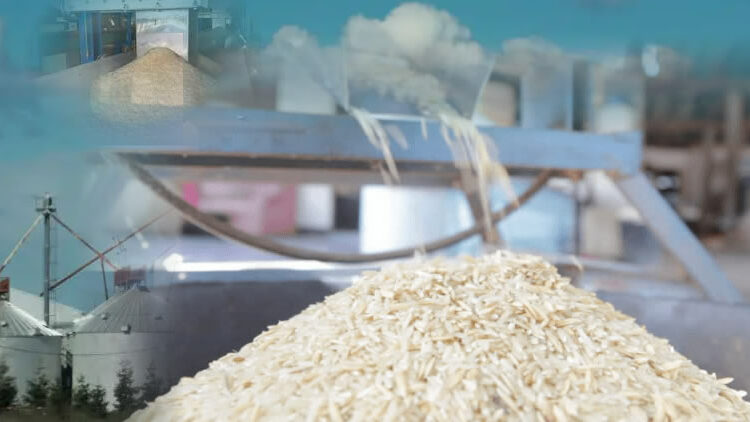The Competitive African Rice Forum – Nigeria chapter (CARF-FSD Nigeria), representing a broad coalition of rice farmers, processors, millers, marketers, NGOs, and development partners, has raised the alarm over the existential threat facing Nigeria’s rice value chain due to policy distortions, selective import waivers, and unchecked smuggling.
The stakeholders said Nigeria’s rice industry, which has seen over two decades of growth through public-private investments, now faces a potential collapse if immediate corrective actions are not taken.
CARF-FSD Nigeria called on the federal government to urgently intervene to reverse the trajectory and safeguard the rice industry — not just for economic reasons, but for national resilience.
Over 13 million metric tonnes of domestic milling capacity have been installed nationwide — enough to meet and even exceed national demand.
However, they fear that the productive capacity is now grossly underutilized as imported and smuggled rice floods the market.
In July 2024, the Nigerian government granted a 180-day duty waiver on the importation of key food items, including husked brown rice, which took effect in 2024. “While intended to temporarily reduce food prices and combat hoarding, the waiver unintentionally triggered a sharp downturn in local rice market activity,” chairman, board of Tmtrustees of CARF-FSD Nigeria, Peter Dana said on Saturday while addressing business reporters in Abuja.
Dama said demand for paddy rice has collapsed, leaving farmers with unsold harvests. Apart from that, he also claimed that many local mills have either scaled down or shut down operations because of their inability to compete with subsidized imports.
“Rural job losses mounted across rice-producing states, including Kebbi, Kano, Ebonyi, Plateau, Nasarawa, Jigawa, Ekiti, and Benue, Akwa Ibom, Adamawa and a host of other states.
“Youth employment and female-led processing clusters were decimated, reversing years of economic inclusion efforts,” he stated.
Dama said ripple effects of the waiver are still crippling production, reducing future planting interest, and destabilizing the rice sector’s economic foundation.
“Beyond waivers, massive inflows of smuggled rice — often substandard and unregulated — continue to saturate Nigerian markets through porous borders,” he said.
According to Dama, the resurgence of smuggling has made legitimate millers and processors uncompetitive, a situation he said has undermined health standards and food safety.
The operators said increased smuggling in recent times has exposed border communities to the influence of criminal trade networks and erased market confidence for smallholder farmers, cooperatives, and agribusinesses who play by the rules.
As Nigeria approaches the 2027 elections, the group said the rice industry’s decline poses grave risks to national security and political stability. “The loss of jobs, income, and productive opportunities for rural youth may lead to: Widespread unrest in agricultural regions, increased rural-urban migration, overwhelming already strained cities, and disillusionment with public policy, creating vulnerabilities for political actors and national unity.
The association urged the Nigerian authorities to “End selective import waivers on rice and related food commodities. All trade incentives should be transparent, time-bound, and equitable.
“Reaffirm rice as a protected strategic crop, deserving of policy continuity to protect over five million livelihoods directly dependent on its value chain, and strengthen Nigeria Customs Service operations to seal off key smuggling corridors and deploy rapid-response border enforcement.”
It also wants the government to create a national rice buffer stock and offtake mechanism, to stabilise market prices during harvest cycles and support paddy production through access to irrigation where we can have double paddy production circle that is through rain fall and irrigation, supply of affordable inputs, mechanization, and affordable low interest agriculture financing.





